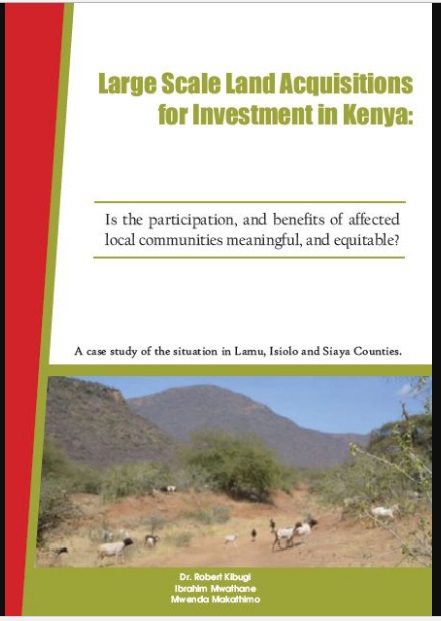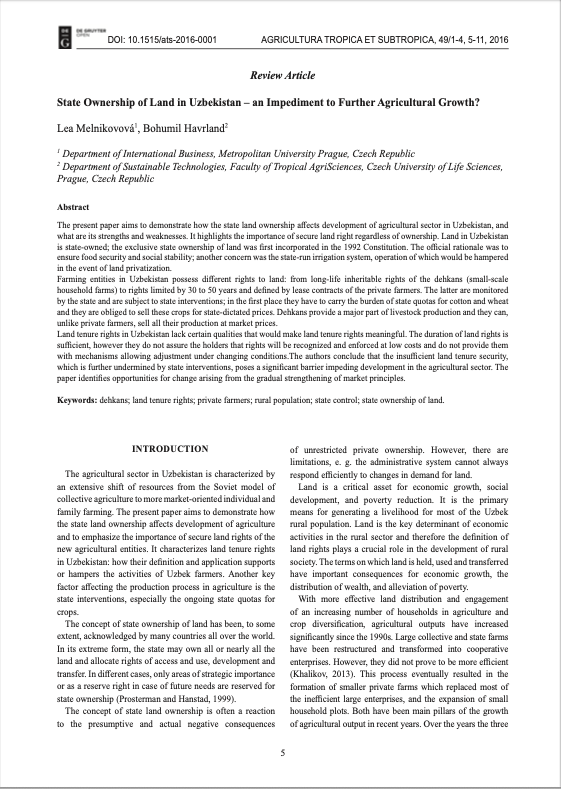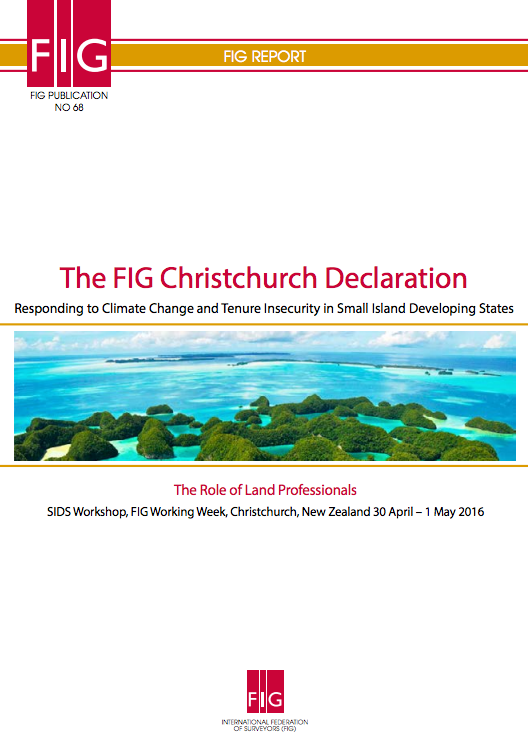Large Scale Land Acquisitions for Investment in Kenya
Land acquisitions, either driven by foreign investments or domestic investment needs have continued to polarize opinions. When this research was proposed, it was premised on arguments by scholars Ruth Meinzen-Dick and Helen Markelova, who had analysed agricultural land deals, and argued that there were potentially two schools of thought about foreign acquisitions over agricultural land.











